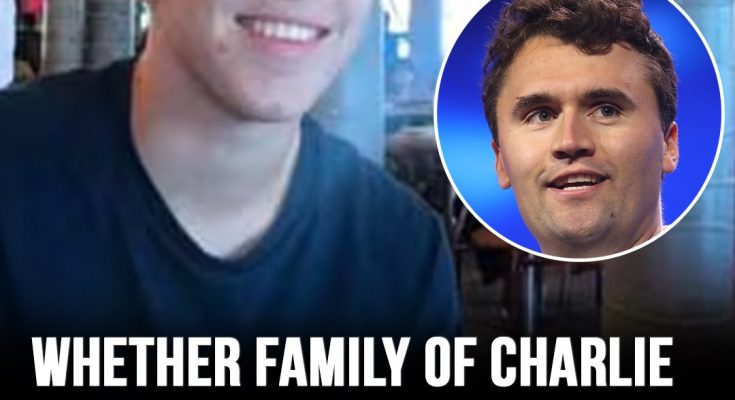The manhunt for Charlie Kirk’s killer ignited public outrage and triggered a reward race that swelled past $1.1 million. It also raised a thorny question: could the suspect’s own family be eligible for the payout?
Kirk, 31, was fatally shot on September 10 while speaking at a Turning Point USA event at Utah Valley University. The FBI first offered $100,000 for information, but contributions quickly poured in. Trump adviser Alex Bruesewitz added $25,000, conservative activist Robby Starbuck matched it, and billionaire Bill Ackman pledged $1 million, pushing the total to roughly $1.15 million.
The suspected shooter, 22-year-old Tyler Robinson, was later taken into custody in a quiet suburb. Robinson, who grew up in St. George, Utah, came from a Republican family and was remembered by neighbors as polite and intelligent. Reports suggest he turned himself in on September 11, after his father recognized him in FBI images and confided in a friend. That friend contacted authorities.
Speculation soon followed about whether Robinson’s father could collect the reward. Ackman addressed the issue directly, stating that rewards must be honored to remain effective, even if the recipient is a relative. However, he clarified that any negligence or complicity would void eligibility through litigation or prosecution.
Ackman also noted that Robinson’s family may not even want the payout. Still, he emphasized, “we will pay the reward if it is earned to whomever the FBI indicates provided the information.”
An early police summary complicates matters further, suggesting it was not the father but a family friend who alerted law enforcement. The friend relayed information that Robinson had confessed or implied guilt.
With more than $1.2 million at stake, the debate now centers on who “earned” the reward. Some believe relatives should qualify if they advanced the investigation, while others oppose the idea of family profiting from tragedy.
For now, the FBI will determine who provided the decisive lead. Donors have pledged to follow that ruling, though any finding of family negligence could nullify or reverse a claim in court.



